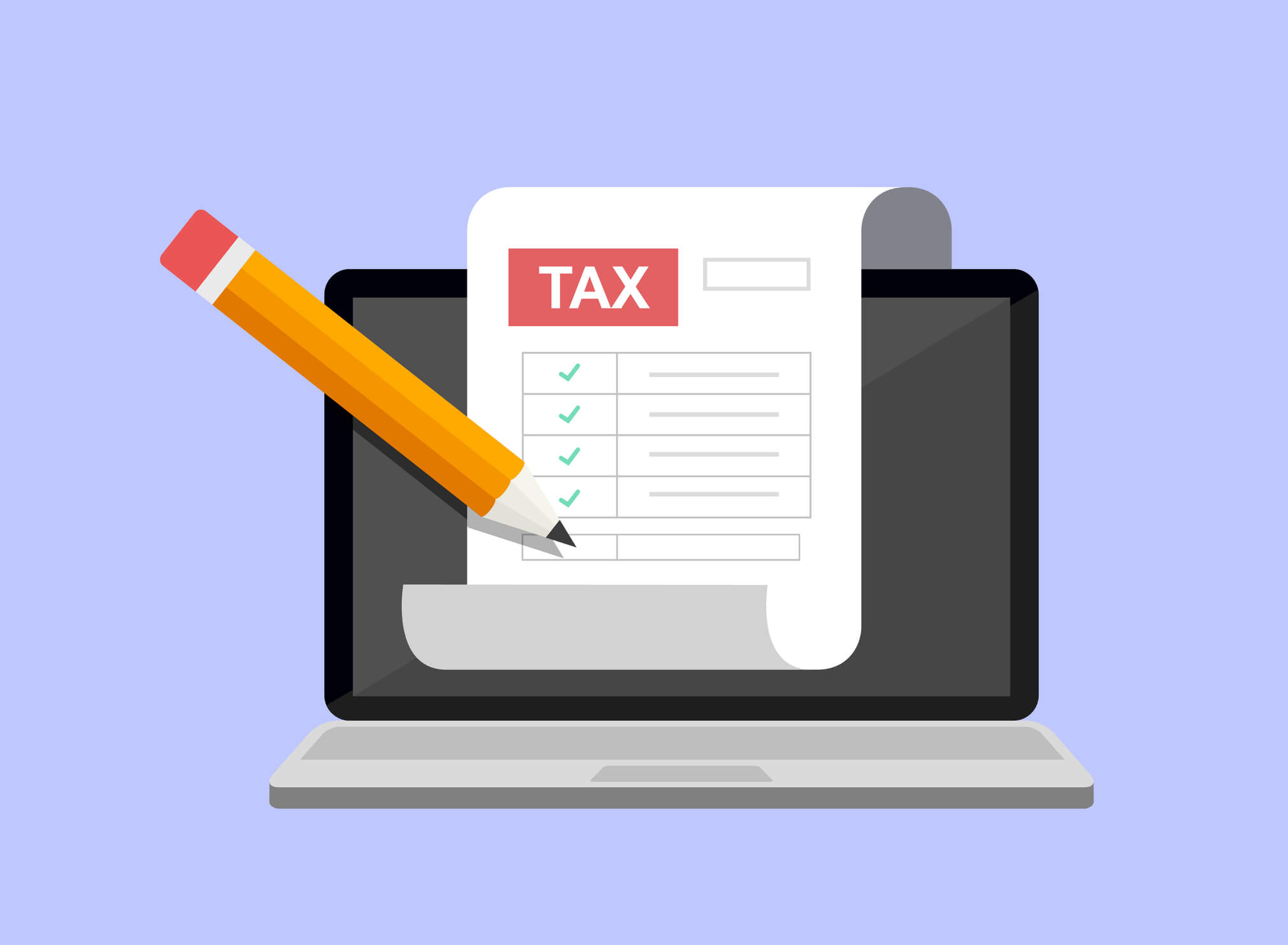Gather information
Your Tax Court attorney will start by contacting the IRS to obtain complete information about what you owe and the information the agency is using for its findings.
The Internal Revenue Service (IRS) is among the most intimidating of all the federal government agencies. Just the sight of a piece of mail with an IRS return address is enough to cause fear or even panic in any citizen or business owner.
The IRS possesses such a broad range of powers, many people take their assessments at face value. Taxpayers believe that it’s better to pay whatever amount the agency claims they owe rather than risk the possibility of additional penalties for failing to comply.
However, as with any federal, state or local government entity, the IRS doesn’t always get things right. Computation and calculation errors are relatively common, leading to mistakes that cost taxpayers more money. The agency’s auditors tend to disallow what they deem to be “questionable” deductions on tax returns rather than giving the filer the benefit of the doubt.

Do you disagree with the IRS on a liability you supposedly owe? Do you think the IRS got it wrong on their determination for your tax matter? Sometimes a taxpayer’s last resort is to take their argument to court: Tax court!
The U.S. Tax Court is not your average court. Tax court is based out of Washington D.C but the Tax Court judges travel on assignment from Washington D.C to a rotation of 75 cities across the country where Tax Court cases are held periodically. There are only two times a year where you can have your case heard in Tax Court. Each city is allocated one week in the spring and one week in the fall for all tax court cases on the docket to be heard.
Because Tax Court is tricky and unlike any other court, we do not recommend representing yourself (unless you are already an experienced tax attorney). It’s important to get knowledgeable representation for tax court, as you will need to have extensive knowledge about tax laws and how they apply. Having an experienced tax court attorney is vital if you want to get a ruling in your favor. They can help apply specific parts of the tax code to your case in a way that will benefit you.
Here’s an example of a client we helped and were able to use tax court to their advantage. This client came to us because he was being audited and wanted to prevent any levy action against him. The IRS claimed our client didn’t report income from stock options and said he owed almost $200,000 with penalties and interest attached.
When our client first came to Polston Tax, the first thing we did was get a collection hold with the IRS to make sure his bank account wasn’t levied and his wages weren’t garnished. After going through his tax return and all his documentation, we realized the client had correctly claimed the income and paid the ALL taxes he needed to.
We filed a Tax Court petition to object to the proposed assessment made by the IRS. After months of going negotiating with the Appeals Officer, the IRS finally agreed their assessment was incorrect and our client had done his taxes correctly. Not only did we help our client out of a stressful audit, but we also saved him over $186,000!




In most situations, a Tax Court case stems from the findings of an IRS audit. The agency will send you a notice stating that you owe a specified amount. If you don’t respond within 30 days or fail to reach an agreement with an IRS Appeals Officer, the agency will then issue a statutory notice of deficiency, colloquially referred to as a “ticket to Tax Court.”
You will then have 90 days from the notification date to file a petition in Tax Court. The government will respond to the petition by filing an answer, and the U.S. Tax Court will add your case to its docket. Your case will then proceed like most other forms of litigation. Your Tax Court attorney will represent you during depositions, file motions and prepare documents on your behalf. If your case proceeds to trial, your attorney will serve as your advocate in court.
After the trial, the Tax Court may require you to file post-trial briefs. The presiding judge—there are no juries in Tax Court—will then render a decision. If you disagree with the judge’s ruling, you can appeal your case to the U.S. Court of Appeals.
If your alleged tax deficiency is $50,000 or less, you have the option to file a small tax case, which entails a faster and less formal process.

In any Tax Court situation, taxpayers are responsible for providing as much credible evidence as possible to support their case. Therefore, you should gather all records that apply to the IRS claim regarding the amount you owe and provide them to your Tax Court attorney right away. The Court must accept any documentation you present and review it before rendering a decision.
Because Tax Court is tricky and unlike any other court, we do not recommend representing yourself (unless you are already an experienced tax attorney!). If you’re in need of a tax court attorney, please call us at 844-841-9857 or click the Contact Us button below.

Due to the sporadic nature of the Tax Court, it typically takes substantial time for a case to move through the system and receive a ruling. Unless you reach a settlement with the Appeals Officer, it could take up to a year to resolve your situation.

For most taxpayers, resolving a case without going to trial offers a more cost-effective and less time-consuming alternative. You can attempt to reach a settlement of the amount you owe with an Appeals Officer without having to appear in court. Your Polston Tax professional tax attorney can advise you on the best course of action for your situation and handle the negotiations for you.

At Polston Tax, we have experienced tax attorneys that regularly present cases to the Tax Court. In fact, most of the time, we can convince the judge to meet our terms without ever having to physically appear! We make sure to have the right documentation to help prove our argument and help save you the most money possible through the process.
Your Tax Court attorney will start by contacting the IRS to obtain complete information about what you owe and the information the agency is using for its findings.
If the IRS has already initiated or is about to start collection actions such as wage garnishments, bank levies or liens, we’ll request a hold on these activities while your case progresses through the system.
We’ll evaluate all the data and documentation from the IRS and the records you supply us. This step enables us to gain a clearer picture of where things stand.
Once we’ve completed the analysis, we’ll recommend the most appropriate resolution strategy for your circumstances, whether it’s pursuing a settlement or taking your case to Tax Court.
Regardless of which resolution option you choose, your professional Tax Court attorney will handle every step of the process from start to finish. Our goal is to remove the burden from your shoulders and give you extra peace of mind.
You don’t want to go unprepared or without proper representation. If you don’t owe the tax debt you were assessed by the IRS and you don’t qualify for other types of resolutions, Tax Court could be your best option. Don’t go at it alone, contact Polston Tax today to get tax court representation nationwide. You can give us a call at 844-841-9857 or click below to schedule a free consultation!

